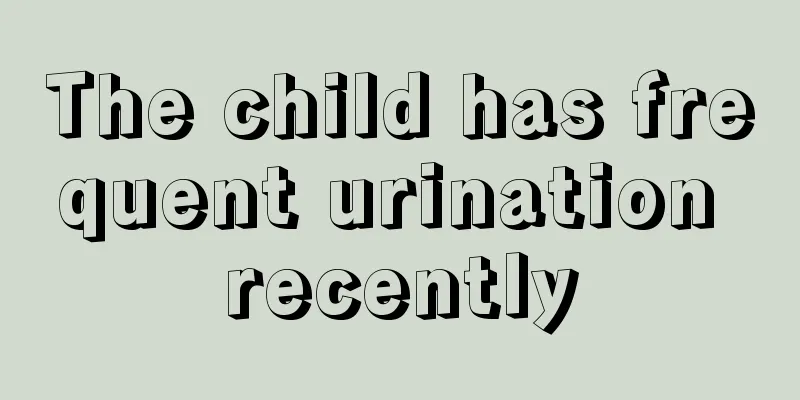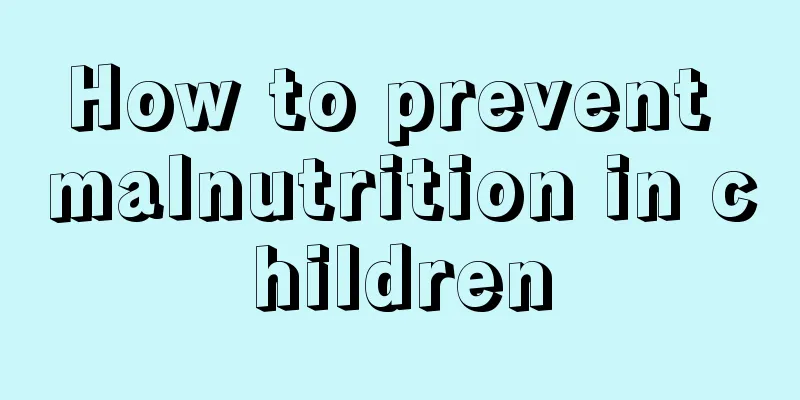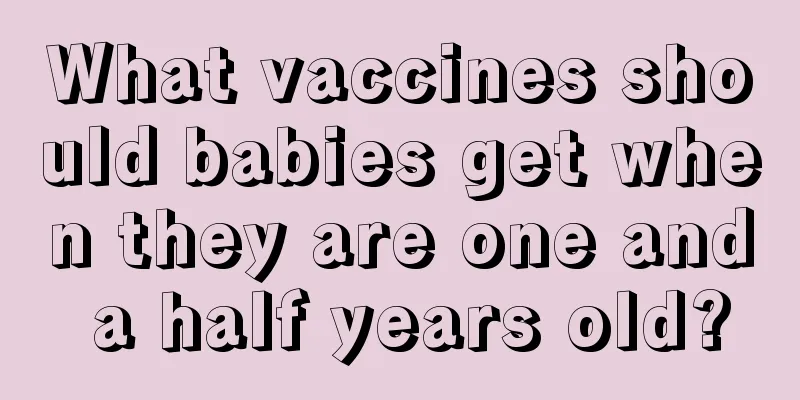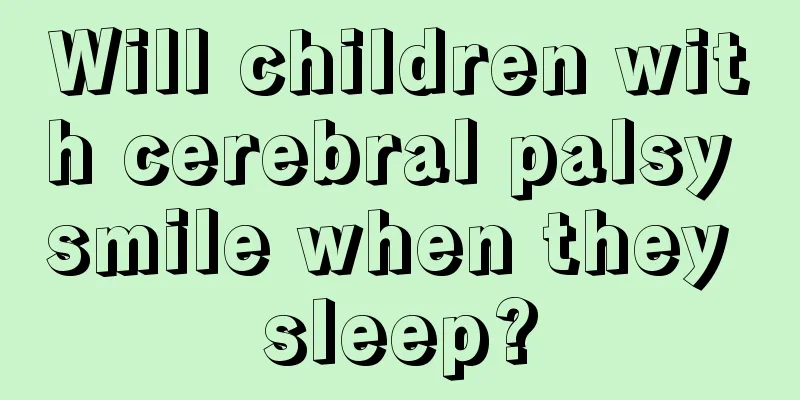Why do children drool?
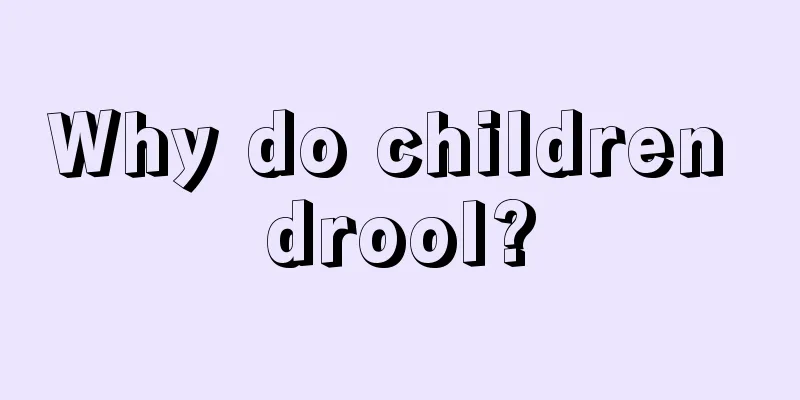
|
When children are in the process of teething or growing, they often cannot close their mouths, causing saliva to flow out continuously. In fact, it is normal for children to drool, and there are many reasons why children drool. But basically there are only a few reasons, and they will appear as children grow up. Different children just drool to different degrees. Parents don’t need to panic. Let us understand why children drool. Parents start to add complementary foods to their children at 4-5 months old. Of course, the simplest and easiest to absorb is rice flour. Rice flour contains a lot of starch and is thicker than breast milk. Saliva contains a lot of amylase, which can help babies swallow complementary foods and moisten food. It can also promote the baby's digestion of food. However, babies are small and uncoordinated in all aspects, so they cannot control the amount of their saliva, so they drool everywhere when they eat. Teething period: Babies start to grow teeth at around 6 months old. The small milk teeth push against the gums and cause discomfort to the child's gums. This discomfort will stimulate the nervous system in the child's mouth, and the stimulated nervous system will secrete a large amount of saliva. The baby's swallowing function is not fully developed at this time, and the baby's oral solvent is very small, so she cannot control the amount of saliva and cannot swallow the excess saliva in time, resulting in the phenomenon of saliva flowing out all the time. This period will accompany the child's entire teething process. Babies suck their fingers or chew things: Babies love to suck their fingers when they are infants, and they put their hands in their mouths to suck them involuntarily. No matter what they hold in their hands, they will put it in their mouths to bite. This also stimulates the dental nerves in the mouth and makes the salivary glands secrete a large amount of saliva. This is what adults often call a conditioned reflex. The above reasons are responsible for children's drooling. I think all the parents understand this. Parents don’t need to panic when their children drool. Just deal with the saliva in time and keep the child’s face dry. You can also properly guide your child to close his mouth so that he will not drool. If your child drools, parents just need to be patient and guide them well. |
<<: What are the precautions for childhood asthma?
>>: What to do if your child has a hoarse voice and a runny nose
Recommend
The dangers of children eating their lips
Children don’t understand anything, and if the pe...
Treatment of red spots on baby's face
Many parents are particularly concerned about the...
What should six-year-old children eat to supplement calcium? This thing is indispensable!
In daily life, many foods contain some nutrients ...
How to treat cold in children
In our lives, there are many babies who are parti...
Why is the baby girl's vulva a little red?
Having a baby at home is the apple of the parents...
Rehabilitation training methods for children with cerebral palsy
Many people are familiar with cerebral palsy. Thi...
What is the latest treatment for hernia?
Children and the elderly are most likely to suffe...
What are the advantages and disadvantages of honey for children
Many adults are drinking honey, but I don’t know ...
Tips for growing baby eyelashes
When a woman becomes pregnant, she will pay speci...
Baby's yellow complexion
Everyone must have often encountered this situati...
What to eat for children with Qi deficiency
Qi deficiency is actually divided into many types...
What to do if your baby has a cold and stomachache
We will add or remove some clothes as the seasons...
What to do if children's phimosis is too long
Phimosis in children is very common clinically. T...
Treatment for brain hypoxia in premature infants
We all know that if a baby is born prematurely wi...
Nine foods that babies should eat more during the beginning of autumn
As the beginning of autumn approaches, the climat...
